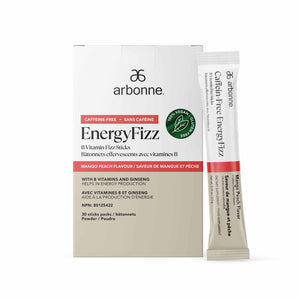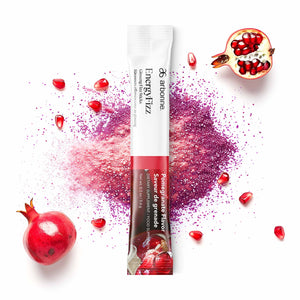What are B Vitamins?
B Vitamins are a group of water-soluble vitamins that play crucial roles in cell metabolism and energy production. There are eight B vitamins, each with its specific functions and benefits. These include B1 (Thiamine), B2 (Riboflavin), B3 (Niacin), B5 (Pantothenic Acid), B6 (Pyridoxine), B7 (Biotin), B9 (Folate), and B12 (Cobalamin).
Where are They Usually Found in Nature?
B Vitamins are found in a variety of foods, including:
- B1 (Thiamine): Whole grains, pork, fish, legumes, and seeds.
- B2 (Riboflavin): Dairy products, eggs, green leafy vegetables, lean meats, and nuts.
- B3 (Niacin): Poultry, fish, fortified cereals, peanuts, and mushrooms.
- B5 (Pantothenic Acid): Almost all plant and animal-based foods, including meats, vegetables, cereals, legumes, and eggs.
- B6 (Pyridoxine): Poultry, fish, potatoes, chickpeas, bananas, and fortified cereals.
- B7 (Biotin): Eggs, almonds, spinach, cheese, and cauliflower.
- B9 (Folate): Leafy greens, citrus fruits, beans, peas, and fortified grains.
- B12 (Cobalamin): Fish, meat, poultry, eggs, dairy products, and fortified cereals.
Benefits to Health and Body
- Energy Production: B Vitamins are essential for converting carbohydrates, fats, and proteins into energy, ensuring that the body functions efficiently.
- Brain Function: They support brain health by aiding in the production of neurotransmitters, which are critical for mood regulation and cognitive functions.
- Cell Metabolism: B Vitamins are involved in the formation of red blood cells and the synthesis of DNA, playing a vital role in cell growth and division.
- Heart Health: Vitamins B6, B9, and B12 help reduce levels of homocysteine, an amino acid linked to an increased risk of heart disease.
- Skin and Hair Health: Biotin (B7) is particularly known for promoting healthy skin, hair, and nails.
Examples of Use
- Dietary Supplements: B Vitamin complexes are popular supplements taken to ensure adequate intake, especially for individuals with dietary restrictions or increased needs.
- Energy Drinks and Bars: Many energy drinks and nutrition bars are fortified with B Vitamins to boost energy levels and enhance performance.
- Fortified Foods: Breakfast cereals, bread, and plant-based milk alternatives are often fortified with B Vitamins to help prevent deficiencies.
Suggested Daily Intake
The recommended daily intake (RDI) for B Vitamins varies for each vitamin:
- B1 (Thiamine): 1.1 mg for women, 1.2 mg for men.
- B2 (Riboflavin): 1.1 mg for women, 1.3 mg for men.
- B3 (Niacin): 14 mg for women, 16 mg for men.
- B5 (Pantothenic Acid): 5 mg for adults.
- B6 (Pyridoxine): 1.3-1.7 mg for adults.
- B7 (Biotin): 30 mcg for adults.
- B9 (Folate): 400 mcg for adults.
- B12 (Cobalamin): 2.4 mcg for adults.
It is advisable to consult with a healthcare provider to determine individual needs and avoid exceeding the upper limits of intake.



